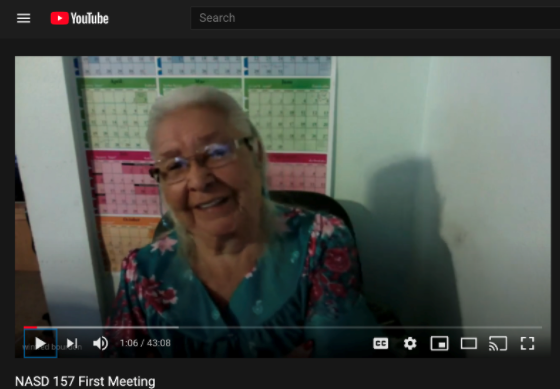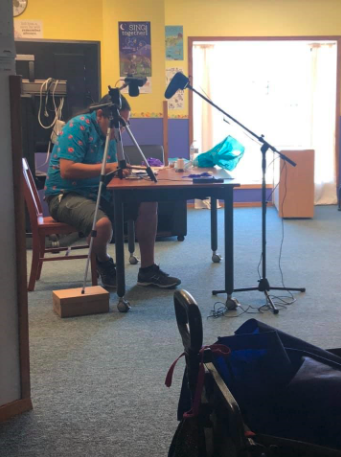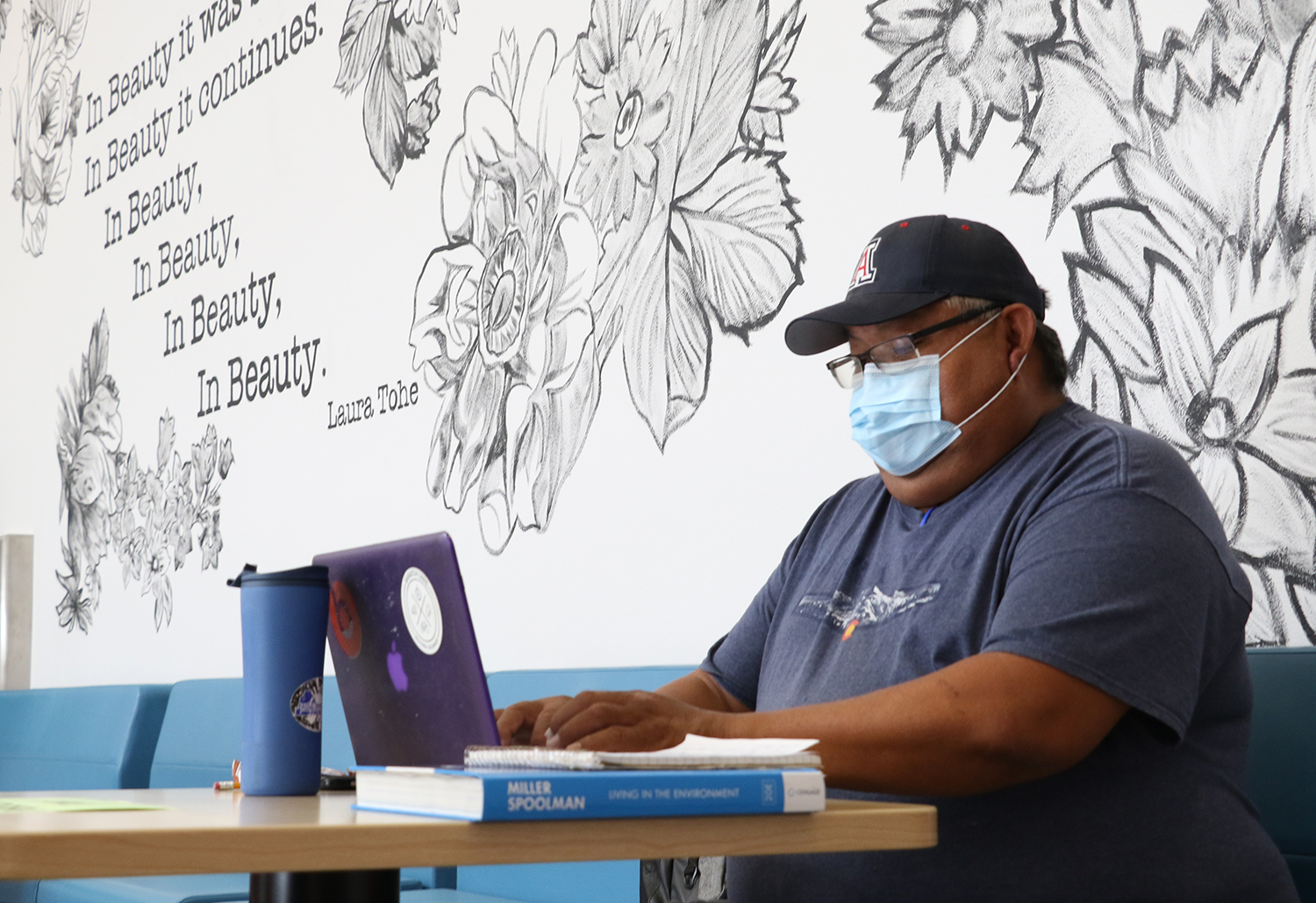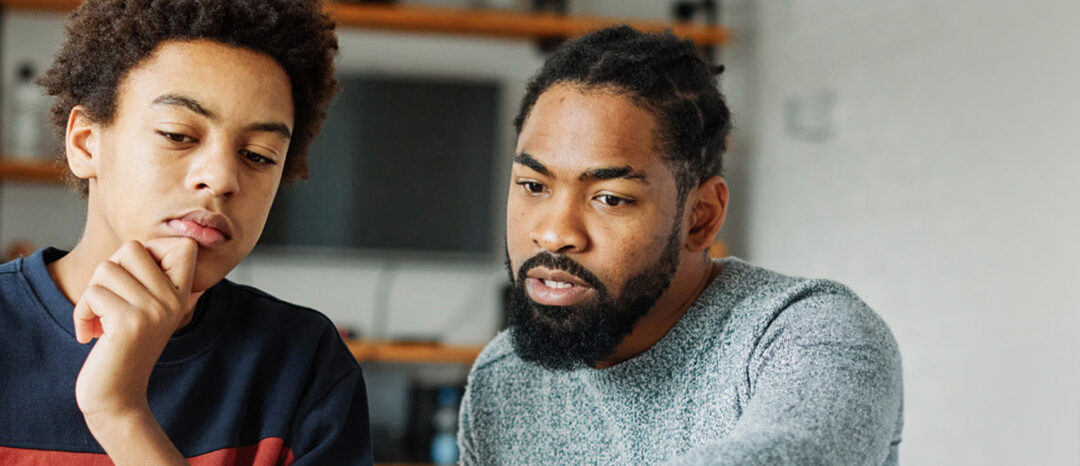At the start of 2020, the COVID-19 global pandemic altered everyday life drastically. Communication and interaction amongst people shifted. The world soon closed down: offices, stores, and schools. Pandemic safety protocols, such as social distancing and mask-wearing, were implemented across communities. Tribal Colleges and Universities (TCUs) transitioned from holding in-person classes and community events to closing their campuses, instead offering academic courses online or through distance learning. Community programming and events were canceled or postponed, greatly impacting TCUs, students, and the communities they serve.
To help TCUs during the transition, seven TCUs were awarded Distance Learning Grants. Each had a different approach on how they would continue to provide Native Arts programming while keeping their students and community members safe. Each explored how they were going to bring people together while keeping them safely apart.
TCUs showed their innovation and creativity as they began teaching through distance learning online platforms such as Facebook Live, YouTube, and Zoom. Remote instruction did not come without its challenges because TCUs were working with master artists, culture bearers and knowledge holders, and a few were not familiar or comfortable using online platforms. In addition, TCUs are located in rural places with limited access to Wi-Fi capability, making access to streaming technology difficult at times, but TCUs persevered. They provided inventive Native Arts programming to not only their students and community members but also were able to reach a wider audience of participants from states away.
TCUs provided various teaching techniques to help with the transition of virtual learning such as synchronous, asynchronous, and hybrid learning. Salish Kootenai College (SKC), located in Pablo, Montana, provided asynchronous courses in stickgame, beading, weaving, and traditional toolmaking. Video recordings of master artists and culture bearers provide the opportunity for future instruction and for the preservation of arts and culture for SKC. Students picked up the materials from the SKC campus and completed the projects on their own time using the pre-filmed teaching and instructions from master artists. Cameron Decker, Program Administrator, said of this time, “Incredible special moments of resiliency, creativity, humor and ‘normalness’ have occurred because we continued to offer our courses. Our efforts were appreciated by students who were able to express themselves creatively and culturally because we preserved and faced this challenge.”

Salish Kootenai College’s Native Arts beading lesson on YouTube with master artist Eva Boyd.
Blackfeet Community College (BFCC), located in Browning, Montana, provided their students the opportunity to participate in their Native Arts program by offering a hybrid approach. BFCC provided live on-online instruction through ZOOM for beading, parfleche, and buckskin pouch classes. Master artists pre-recorded their Native arts sessions and provided live online instruction. Through this venue, students had the opportunity to ask questions of the master artists and showcase their work to fellow participants. In addition, the hybrid program provided using distance and virtual learning was able to provide a bridge to community members who were separated by the pandemic, connecting many students and community members. For example, one family at BFCC was able to learn together through the opportunity. A granddaughter residing in Browning and her grandmother in Texas were able to participate and complete a project together. The granddaughter was able to assist with technological questions and the grandmother was able to provide her with teachings and techniques concerning the arts.

Michael Fast Buffalo Horse, master artist, prepares for a Zoom session with BFCC students and community members.
Participants attributed their feelings of isolation to staying home and said that through Native Arts distance learning opportunities they were able to form connections with master artists, fellow students, and community members near and far. In a time of uncertainty, TCUs were able to adapt and innovate, continuing to teach Native Arts programming as if students and community members were participating in face-to-face instruction.
One participant said of the experience with distance learning, “We tied the present with the past…the workshops were important to keep our traditions alive and flourishing.”








